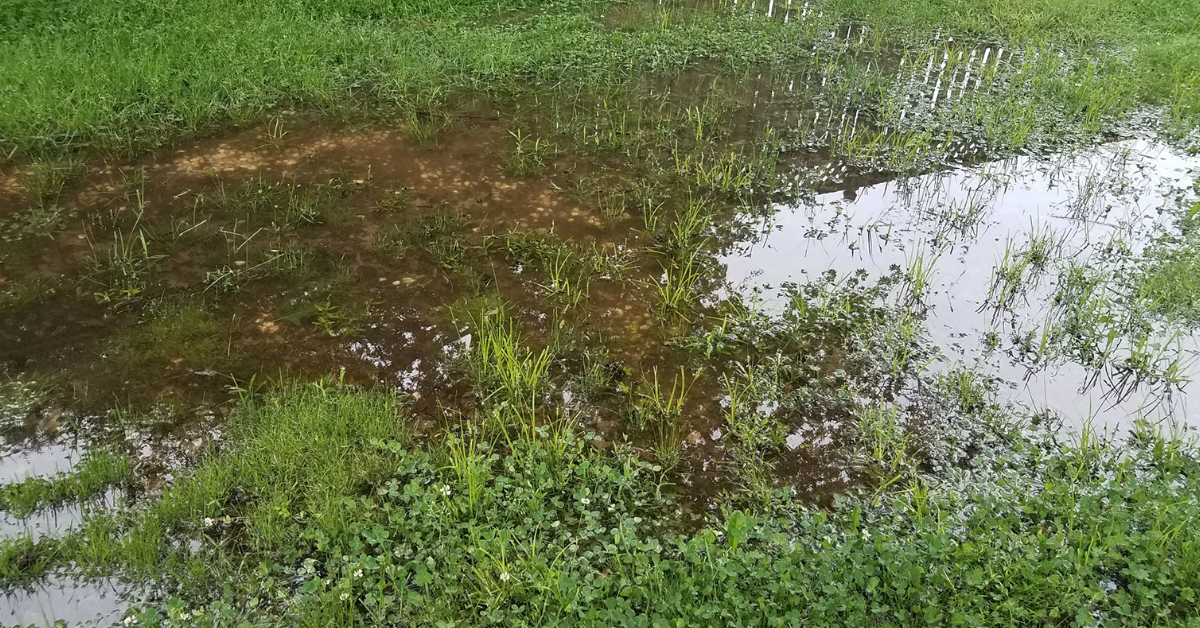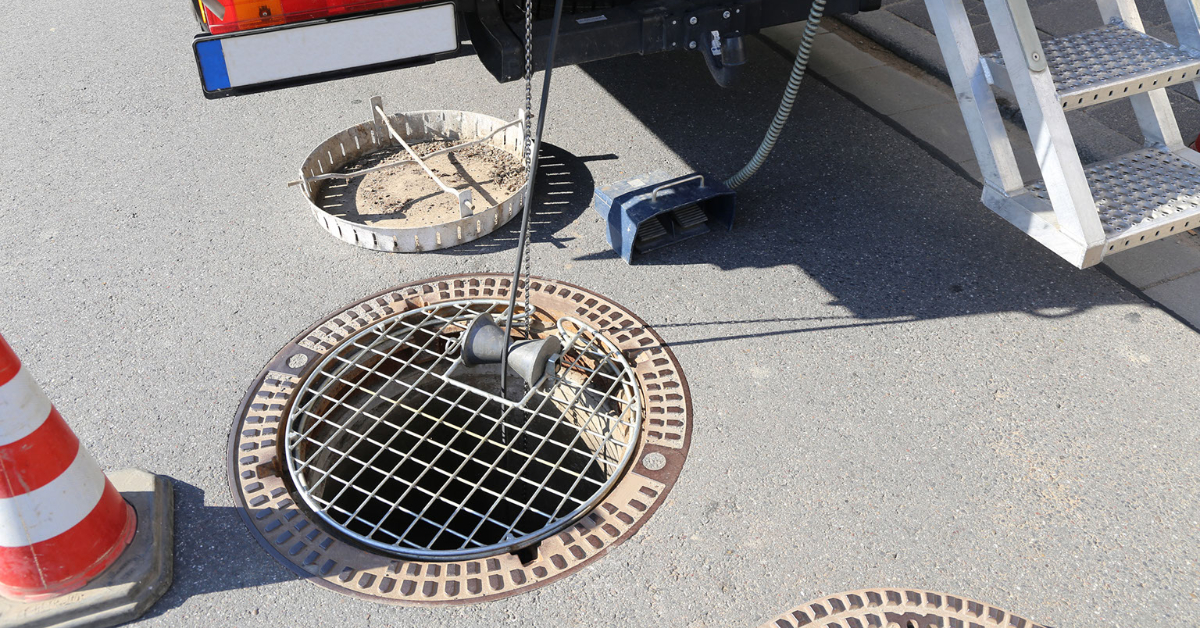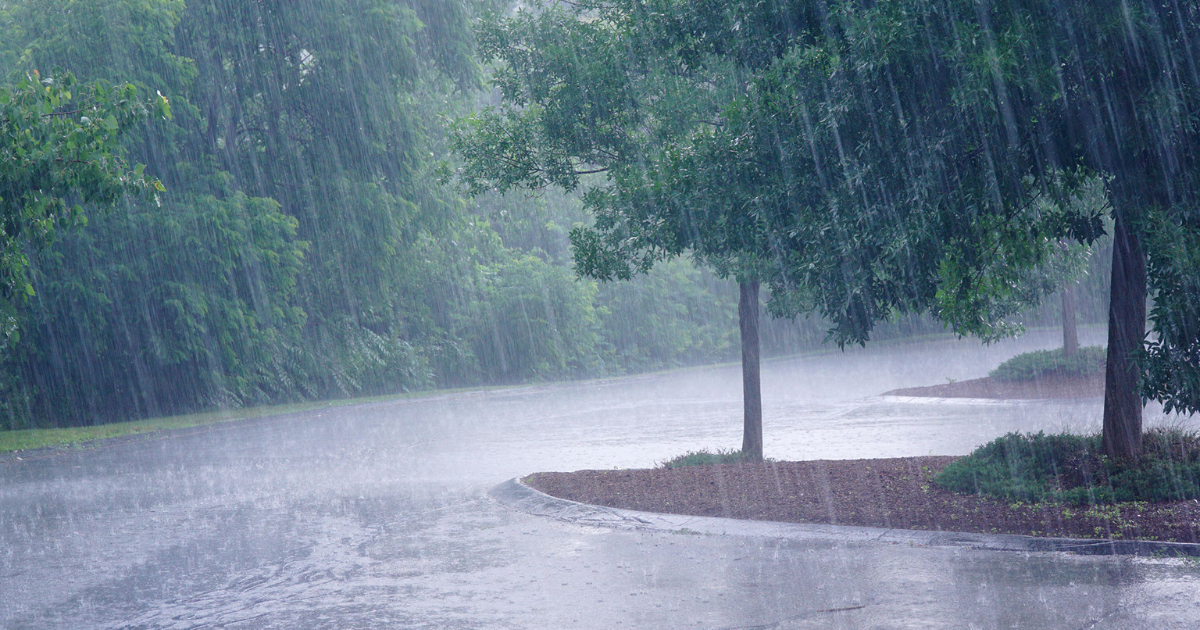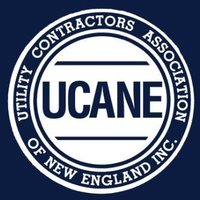
Part 2 of 2
Reducing stormwater water runoff is an important topic that all property owners should pay careful attention to. It is also a large piece of the overall property maintenance puzzle. When there is an excessive amount of stormwater runoff it can flood your property and your neighbors property as well. To make matters worse, you are responsible from a legal and financial perspective. To add insult to injury, the vast majority of property owners in Massachusetts do not have flood insurance coverage.
That means you will need to pay for any and all of those damages out of pocket, which can add up to thousands or even tens of thousands of dollars. Just as important, stormwater runoff causes major damage to the environment. Part one of this article contained some rather easy things that you can do in order to avoid major stormwater runoff at your property. The remainder of this article will provide you with even more ways to reduce stormwater runoff.
Minimize impervious surfaces on your property. In nature, most precipitation happens to soak into the ground where it falls. Plants absorb much of this through their roots, and some makes its way down to the water table, being purified as it gradually percolates through the soil. That being stated, there are a plethora of areas around your property that contain impervious surfaces that do not absorb water, which can cause stormwater runoff. Reducing the amount of impervious surface on your property obviously reduces the amount of runoff.
For example, you can replace concrete or asphalt slabs with pavers. In addition, you should use paving stones or bricks for patios, walkways, and driveways. Water can seep down into the spaces between the individual pavers reducing the amount of runoff. If an area must be paved, use porous asphalt or permeable concrete, which will allow at least some water to soak into the ground. Keep in mind that the effectiveness of these materials is limited due to the fact that water tends to run off them before it can permeate them. This holds especially true if there happens to be any slope. It is also important to make sure there is a percolation field of permeable ground beneath the pavement.
Do not leave soil exposed. Depending on your slope and soil type, bare soil can be nearly as impervious as concrete. If you cannot or do not wish to plant vegetation on an exposed patch of soil, cover it with mulch, wood chips, or gravel. This is especially important for newly landscaped yards that do not have established vegetation as of yet. Speaking of soil, it is always a good idea to add organic matter to your soil. Adding compost or mulch to your soil can make your plants happier, but it can also reduce runoff. Spread a 2-4 inch layer of organic material once per year.
Plant trees and preserve existing ones. Trees are made of immense root systems that effectively absorb water over a large area. In addition, the canopy of a tree slows the fall of rainwater so that the ground is capable of absorbing larger amounts than it otherwise would be. Plant native trees or trees which take in a lot of water and are well adapted to your environment, and take care of your existing trees. For new home constructions, leave as many trees in place if possible.
If you have any questions about catch basin maintenance, or would like to schedule service we are happy to help. Jolin Paving & Excavating, Inc. is your New England connection for a vast variety of environmentally related services. Our company has been serving Boston Massachusetts, Southern NH, VT & ME as well as Northern CT & RI since 1952. Please Contact us to learn more today.
continue reading






